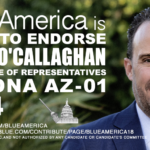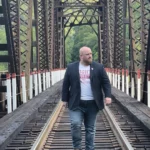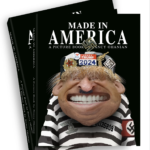
(Need you ask?)
Every so often I will run across some talk show from the past that points out just how naive we all were as a country, many years ago.
On October 5, 1958 the Open Mind program hosted a discussion on the future of television in politics and how advertising could possibly be used to make or break a candidate or issue. Fifty years ago, remember?
Bear in mind, TV wasn't as all-encompassing as it is today. Stations routinely went off the air at midnight. Color was new. Video tape was new. Most homes had TV's that were, at the most 17" and usually encased in a massive console. There were virtually no live on-the-spot reports and there were lots and lots of talking heads.
So, when Open Mind brought on Professor Eric Goldman (author of the book "Rendezvous With Destiny"), John Elliot Jr. from the BBD&O Ad Agency and Lloyd Whiteburke, an advertising consultant. The conversation about the possibilities that Television could influence a political campaign were very real.
Lloyd Whiteburke: “There’s no FTC, no Federal Trade Commission in political advertising. If a product is falsely advertised, as you all know, the Federal Trade Commission will seek an injunction against the advertiser and have that advertising changed and penalize the advertiser. The only person penalized for buying a candidate who is not what he represents himself for is the voter. And he’s got four years to wait to throw him out, throw out this candidate. So it imposes a tremendous sense of responsibility on the advertising fraternity to make darn sure that something isn’t done, that isn’t correct for which the FTC does not have call. And that’s why some of the practitioners do, in the course of their work, say things and do things that are perhaps not exactly right. And we have to watch that and we have to police our own . . . “
Television was still in its infancy. The 1952 Presidential campaign, being the first to utilize Television in a prominent way, was recent history. The Kennedy-Nixon debates were still two years off and cable was only an idea.
I don't think anyone could have imagined what it would all become.














